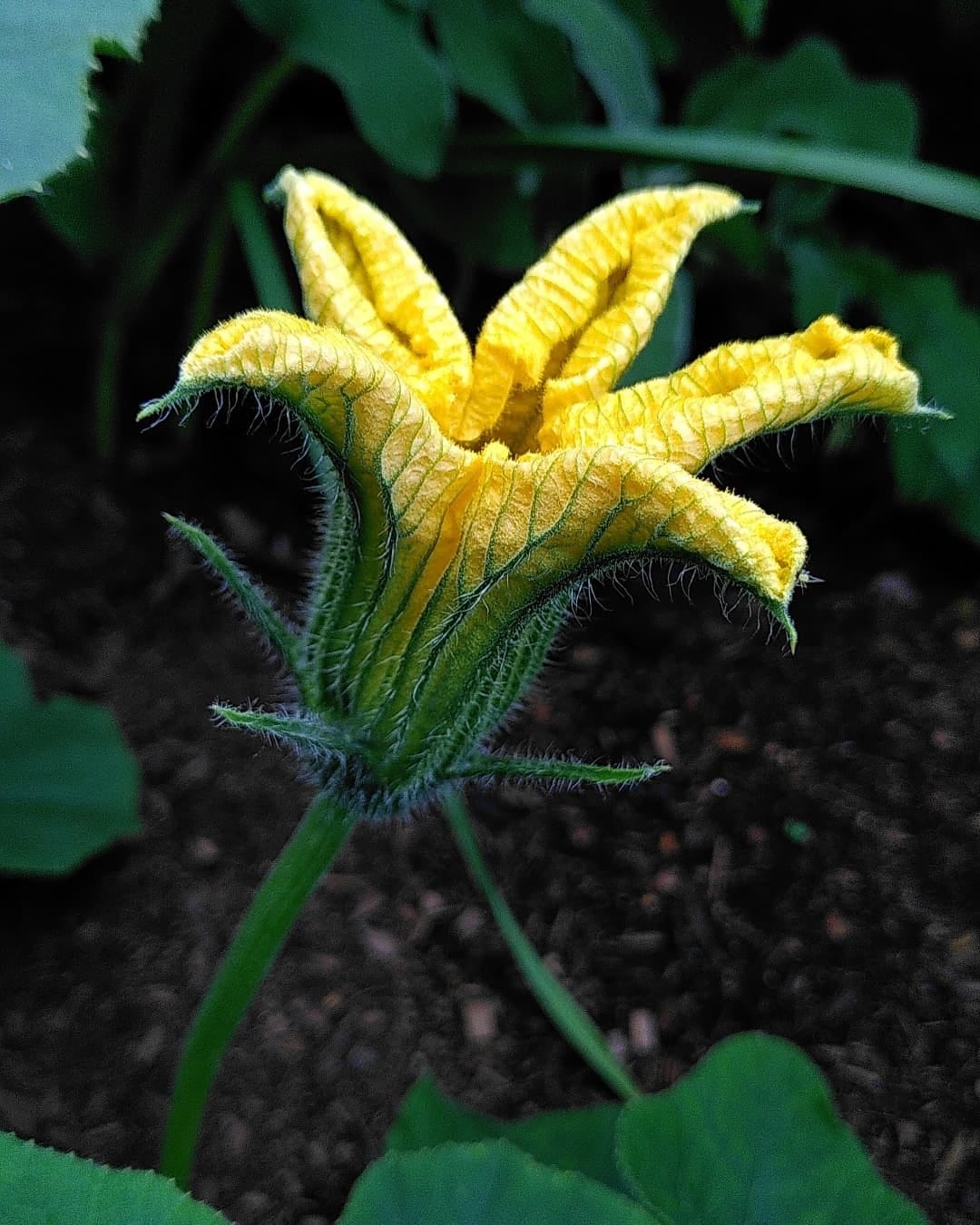Lughnasadh
I try to understand the wound. What was the cause of the land and people’s severing? Why did those who lived here begin to feel it was not enough, to want more, to violently conquer other lands? But then I wonder if the wondering is pointless, if this thinking is trapped in the same old paradigm I long to explode. I watch parasitic larvae eat a caterpillar alive on the leaf of a purple sprouting broccoli seedling and ask myself: is this understanding beyond my human capability? To think of the relationship as wounded in this way assumes only human agency, and what do I understand of the agency of this land? I shall not underestimate it, it called me here. I, foreigner, to this native land.
We have a blank canvas of garden. After being ravaged during the installation of our new ground source heating, it has sat beneath weed suppressant membrane for many months while our thinking evolves about what to do. It has moved from restoring the lawn as it once was (for the children to play, but they will play anywhere), to creating a kitchen garden (now in place behind the kitchen), to establishing a meadow. A much-needed, much-touted habitat, much-eviscerated from these green and pleasant isles. It is Lughnasadh, summer is ending and autumn is on the way. It is time to make a decision. We buy a native wildflower mix from an ethical retailer, seeds chosen to be local to our region. I bristle at the nativist sentiment but welcome the plants to come anyway. I want to learn from the plants and people and creatures who have been here longer. I wish only not to be blackly vilified for my recent arrival, body in these parts against my ancestors’ will.
I, the foreign invasive, like so much else in my English garden. Brought here, like the invasive plants, by the actions of humans who plundered other lands, who ravaged this very land from which they stripped the natives, from which they would now exclude me. Of course, plants have always come, and people too. This is the delusion of the mythic rural idyll, static in collective imagination. Our minds trapped in this common lie, bodies imprisoned away from land we can no longer freely roam.
Can we dream freely in our collective unconscious? We think of ourselves as primarily individuals, but teachings reside in many traditions of the self as a false construct, a mere fragment of the true organism that is the whole. I do not how easy you find it to think of yourself in this way, as no-self, but I struggle, to loosen the belief in my self as the primary object.
The garden helps. I am but a collection of atoms more tightly bound to one another than to those surrounding. I am an ecosystem, a world of bacteria, viruses, fungi without whose functions I could not exist. I breathe in the sweet air of the trees around, breathe out carbon that they will use, and return to me. I eat and drink their flesh, it forms my own, while I shed my skin walking among them, the dust of myself returning to enrich this earth. I am one small part of this community, a node in the web of relationships that holds this place, that holds me in this place. I am this place, and this place is I.
I watch the clouds of insects in my garden, feasting on the forest of flowers I have planted here. A sudden gathering of house martins appears overhead. They swoop, and dive, and call as they feast on the insects in turn. The first fruits are harvested. Suddenly, at some signal that is not for my understanding, they leave.
The wound may not be for my understanding, but I will sit and dip my flesh in the sacred well, I will feast on the garden’s first fruits. Flesh of my native flesh, invasive wound of my heart, we will heal.




